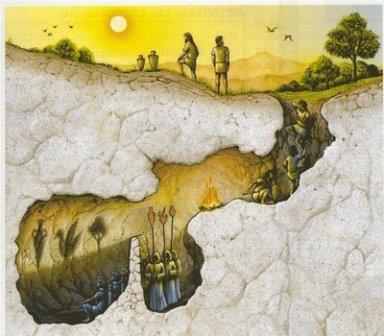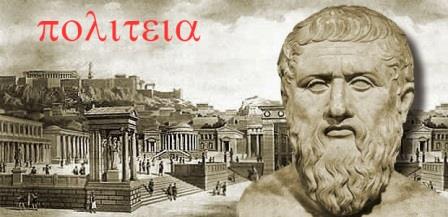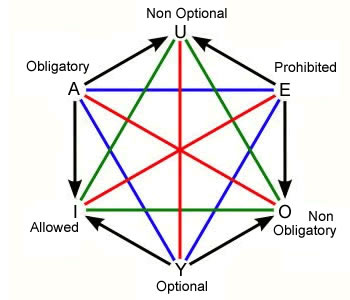The orignal Greek title of Plato's famous book latinized as Republic is Politeia. Polis means the state, politeia is the way to organize the state. Polis is also translated as city. In Ancient Greece a state was a city and its surroundings. The most famous Polis was Athens where Plato founded the Academy, the first university in the world.
 Plato's cave : the philosopher should govern !
Plato's cave : the philosopher should govern !
At the middle of Politeia, there is the famous allegory of the cave explaining why the philosopher should govern the state. Nowadays the question is how to govern the world and it makes sense to support the idea that philosophers should govern the world, if we consider philosophy in a deep sense: understanding and wisdom.


Remembering the origin of the word “politics”, it is natural to consider as political, questions about what we shall do or not. This stresses the fact that these obligations are not purely individual but deal with the relations between individuals into a society. Also in the orginal sense politics is connected to the Cosmos - nature and god.
Plato's pupil, Aristotle, defined human beings as political animals. The hexagon below structures the relations between the main deontic notions using three notions of oppositions. Such a
hexagon of opposition is a refinement of the square of opposition, a theory originated by Aristotle.
